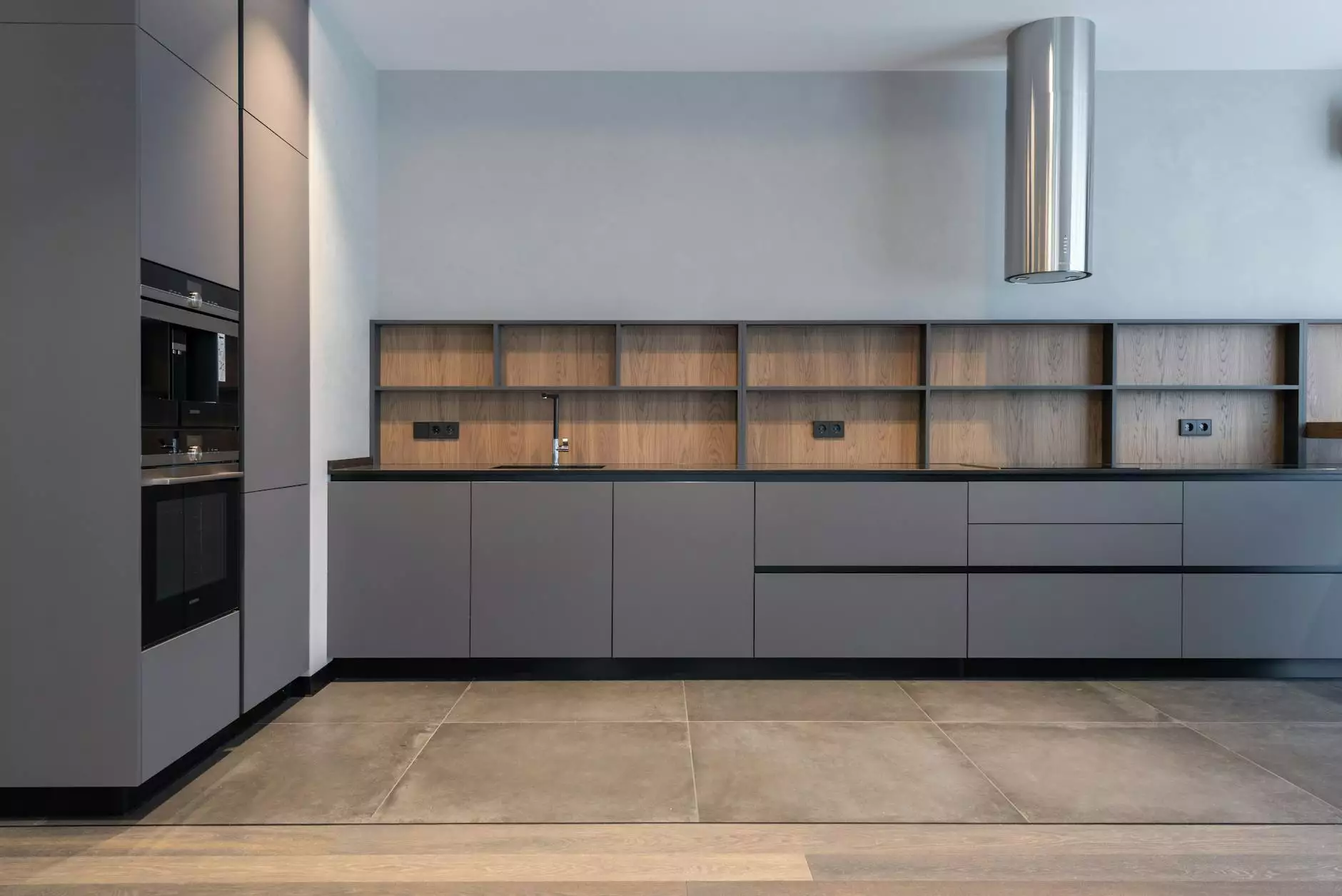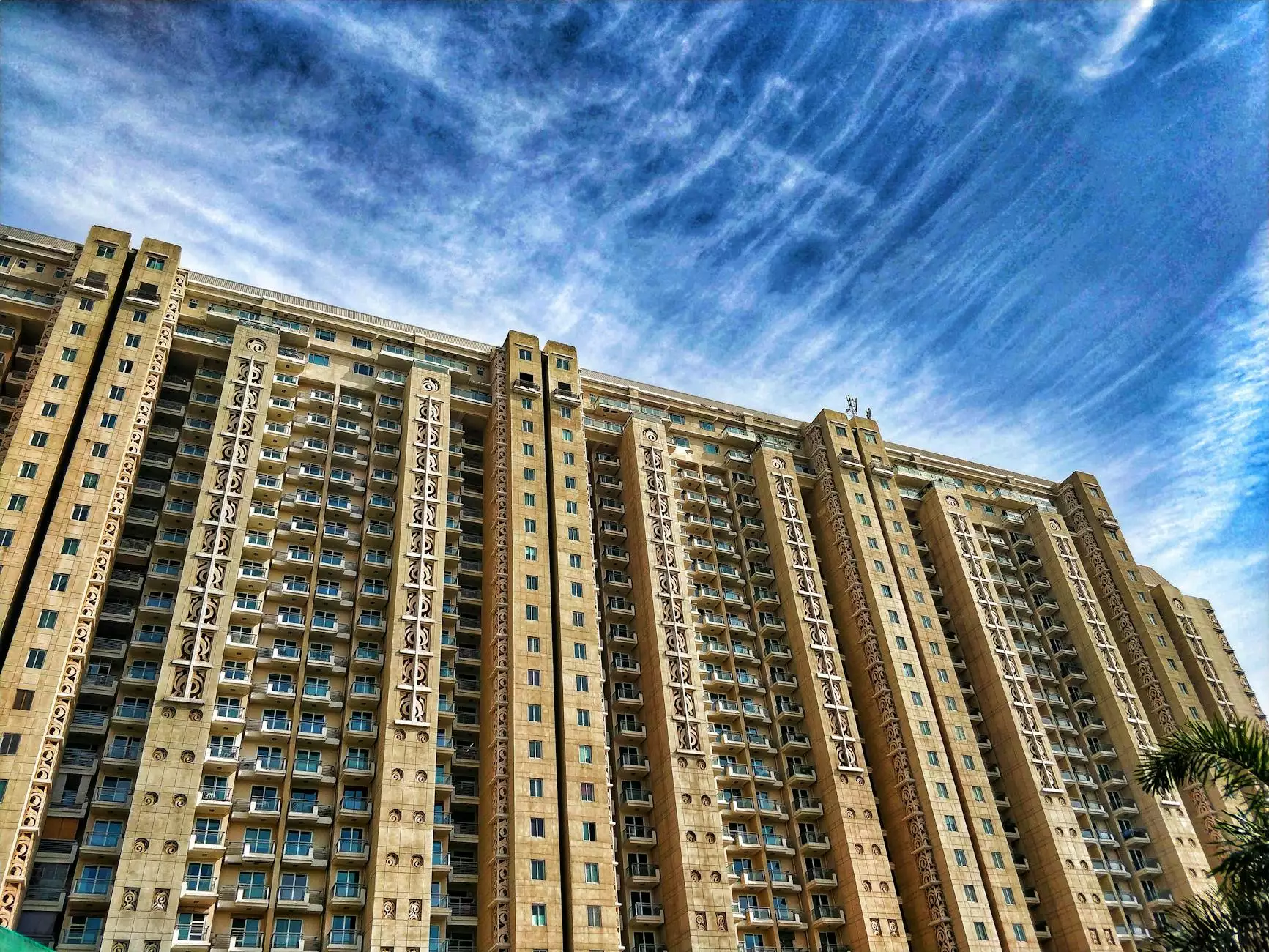Comprehensive Guide to Virginia Basement Waterproofing

In the beautiful state of Virginia, homeowners often face the inevitability of water infiltration in their basements. The issue of Virginia basement waterproofing is not just about keeping the basement dry; it's about protecting the integrity and value of your home. In this comprehensive guide, we will explore the various aspects of waterproofing, the techniques available, and the reasons why investing in these services is essential for homeowners in Virginia.
The Importance of Basement Waterproofing
When it comes to the protection of your home, the basement plays a crucial role. It serves as the foundation for your property and is often the first point of contact with groundwater. Without proper waterproofing, basements can become susceptible to a multitude of problems, such as:
- Mold Growth: High humidity and moisture can lead to the growth of mold and mildew, which poses health risks.
- Structural Damage: Water can weaken the foundation, leading to cracks and other structural issues.
- Unpleasant Odors: Damp basements often have musty smells that can permeate the rest of your home.
- Decreased Property Value: If your basement is prone to flooding or water damage, it can significantly lower your home's market value.
By addressing these issues through Virginia basement waterproofing, you are not only protecting your home but also enhancing its livability and value.
Common Basement Waterproofing Techniques
There are several effective methods for waterproofing a basement. Understanding these techniques will enable homeowners to make informed decisions based on their unique needs. Here are some of the most common approaches:
1. Interior Water Drainage Systems
Interior drainage systems involve the installation of a network of drains around the perimeter of your basement. This system helps collect water that seeps through the walls or floor and directs it towards a sump pump. The sump pump then removes the water from your home, preventing accumulation.
2. Exterior Waterproofing Membranes
This technique involves excavating the soil around the foundation and applying a waterproof membrane to the exterior walls. This barrier prevents water from penetrating into the basement, ensuring a dry environment.
3. Sump Pump Installation
A sump pump is a vital component of basement waterproofing. It acts as a water removal system, collecting water that accumulates in the sump basin and pumping it outside. Regular maintenance of the sump pump ensures its effective operation when needed.
4. Foundation Cracks Sealing
Over time, foundations can develop cracks due to settling or water pressure. Sealing these cracks with epoxy or polyurethane foam can effectively stop water from entering your basement.
5. Dehumidification Systems
For homes in humid areas, installing a dehumidifier can significantly reduce moisture levels in the basement, preventing mold growth and maintaining a healthy environment.
Choosing the Right Waterproofing Contractor in Virginia
Selecting a qualified contractor for Virginia basement waterproofing is crucial to ensure the effectiveness of the solutions implemented. Here are some tips to consider:
- Research Credentials: Ensure the contractor is licensed, insured, and has experience in basement waterproofing.
- Read Reviews: Look for customer testimonials and reviews to gauge the quality of their work.
- Request Quotes: Get multiple quotes to compare pricing and services offered.
- Ask for References: A reputable contractor should be willing to provide references from previous clients.
Cost Factors of Basement Waterproofing in Virginia
The cost of basement waterproofing can vary widely based on several factors:
- Type of Waterproofing Method: Some methods are more labor-intensive and expensive than others.
- Extent of the Problem: If water damage has already occurred, additional repairs may be needed.
- Size of the Basement: Larger areas require more materials and labor, increasing the overall price.
- Access and Soil Conditions: Difficult-to-access areas or challenging soil conditions can raise labor costs.
On average, homeowners in Virginia can expect to spend anywhere from \$1,500 to \$5,000 for quality waterproofing solutions. It’s essential to view this as an investment in your home rather than a mere expense.
Advantages of Proactive Basement Waterproofing
Investing in Virginia basement waterproofing services can offer numerous benefits that extend beyond simply keeping your basement dry. Here are some advantages:
- Improved Indoor Air Quality: By eliminating moisture, you reduce the allergens, mold spores, and other pollutants that can affect your health.
- Increased Living Space: A dry basement can be transformed into a functional living area, adding usable square footage to your home.
- Enhanced Energy Efficiency: Proper waterproofing can minimize drafts and temperature fluctuations, improving your home's energy efficiency.
- Peace of Mind: Knowing your basement is protected from water damage provides peace of mind, allowing you to focus on other aspects of homeownership.
Conclusion
In conclusion, the significance of Virginia basement waterproofing cannot be overstated. It is a proactive measure that protects your home from potential damage, improves air quality, and ultimately enhances your living experience. With numerous techniques available and the expertise of qualified contractors, homeowners can secure their basements effectively. By making this investment, not only do you protect your property, but you also ensure a safer, more pleasant environment for you and your family. Ensure you choose a reputable service provider and embrace the benefits of a well-waterproofed basement.
For reliable waterproofing solutions in Virginia, consider reaching out to DMV Waterproofing. Our commitment to quality and customer satisfaction ensures that your home will remain safe and dry.









